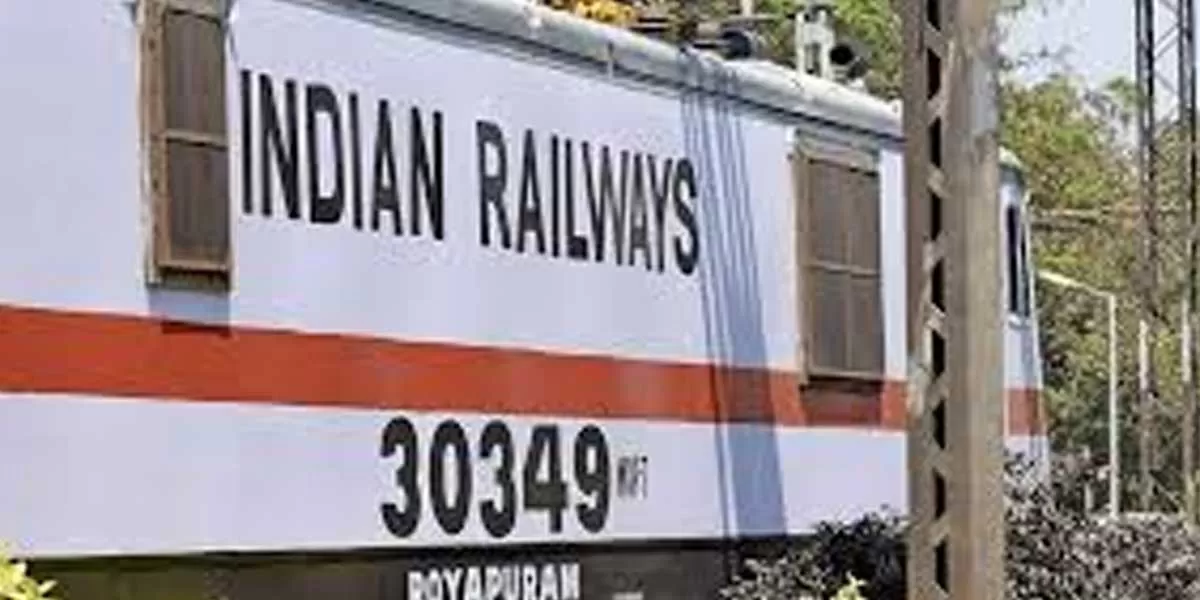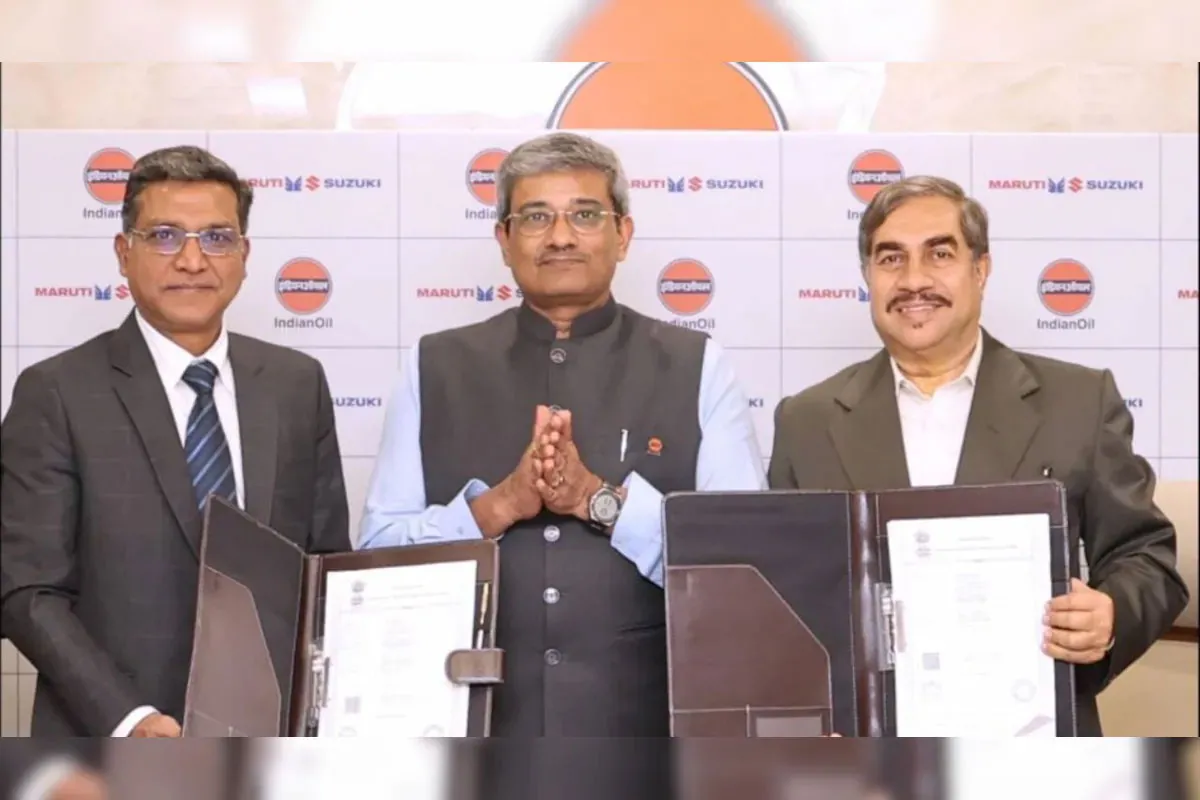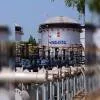

ANAROCK Launches Project Management And Engineering Arm
ANAROCK has announced the strategic launch of its Project Management & Engineering Services (PMES) vertical, marking a major expansion of its real estate capabilities. The move positions the company as a comprehensive, one-stop solutions provider offering seamless project delivery from concept to completion. The PMES vertical has commenced operations with more than 500 professionals and 42 active client contracts. It is expected to generate over Rs 1.25 billion in revenue in FY 2026–27, contributing significantly to ANAROCK’s group-wide revenue target of Rs 11 billion. The company has out..

Seequent To Showcase Geoscience Tech At FMF 2026
Seequent will participate in the fifth edition of the Future Minerals Forum, scheduled to take place in Riyadh from 13 to 15 January 2026. The company will present its geoscience technologies, underscoring its role in advancing data-driven mineral exploration in Saudi Arabia and engaging with industry leaders on the future of the regional mining sector. The participation aligns with Seequent’s commitment to supporting the objectives of Saudi Vision 2030 and highlights its involvement in major mining projects across the Kingdom. Visitors will be able to explore Seequent’s integrated suite ..

Maruti Suzuki, Indian Oil Tie Up For Service At Fuel Stations
Maruti Suzuki India Limited has signed a memorandum of understanding with Indian Oil Corporation Limited to establish vehicle service facilities at select Indian Oil fuel retail outlets across the country. The partnership aims to make car servicing more convenient by offering maintenance support at locations frequently visited by customers. Under the initiative, customers will be able to access routine maintenance, minor repairs and select major services at these facilities. The move is expected to further strengthen Maruti Suzuki’s after-sales footprint, which already includes more than 5,..
















